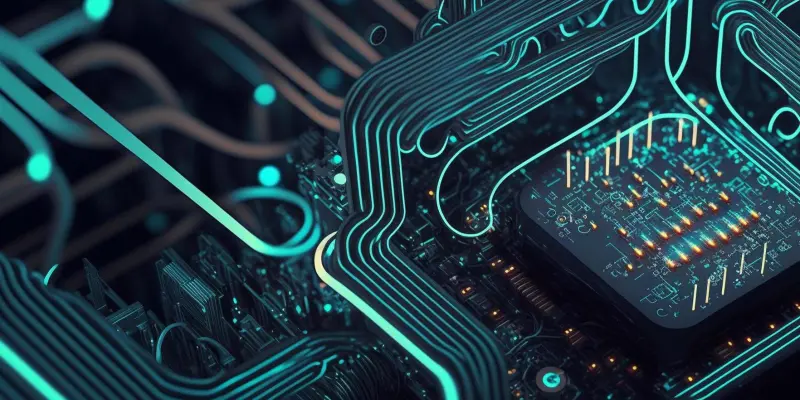AMD is making significant strides in its product offerings with a planned expansion of its CPU lineup, suggesting a dynamic trajectory for the company. The spotlight is firmly on the Ryzen 9000G “Gorgon Point” series, which is set to replace the Ryzen 8000G lineup for the AM5 socket. These advanced APUs are designed to incorporate Zen 5 CPU cores alongside RDNA 3.5 graphics, marking them as a notable advancement in integrated processing capabilities. Also on AMD’s agenda are the Medusa Point CPUs, anticipated to utilize the Zen 6 architecture intended for the FP10 socket. This move indicates potential incompatibility with previously existing platforms, signaling a shift in AMD’s hardware ecosystem. Gorgon Point is expected to cater to both desktop and laptop users, with three distinct mobile variants in the pipeline, showcasing AMD’s strategic aim to cover a broad spectrum of the computing market.
Expanding the Horizons with Arm-Based CPUs
The introduction of the AMD Soundwave series marks a transformative step as the company delves deeper into the realm of low-power computing. These Arm-based CPUs are part of the Ryzen AI 400 series, targeting entry-level users who demand efficiency without compromising on performance. This development underscores AMD’s strategic orientation towards diversifying its product range to appeal to a wider audience, especially those in the market for energy-efficient solutions. The entry of Arm technologies into AMD’s lineup signifies an evolutionary step in its portfolio, enabling the company to better position itself in a market increasingly favoring lightweight, yet capable devices. This generates notable anticipation as it bridges AMD’s traditional x86 offerings with modern Arm architecture, illustrating a commitment to versatile computing solutions that cater to varied customer needs.
Meeting High-performance Demands with Threadripper
AMD is gearing up to impress users craving serious processing power with its new Threadripper 9000 series, known by the codename Shimada Peak. Launched at Computex, these processors are tailored for professionals needing extreme performance, especially in demanding fields like animation, 3D rendering, and scientific simulations. On another note, the Zen 5 Epyc processors, called Grado, are set to replace the current Epyc 4004 series, targeting enterprise users with enhanced processing efficiency and scalability. Additionally, there’s speculation about new Epyc chips dubbed Fire Range for embedded applications, showcasing AMD’s commitment to broadening its portfolio. This move underlines AMD’s relentless drive to innovate, aiming to meet diverse market demands with cutting-edge solutions.
Overall, AMD’s plans for 2025 highlight a strategic shift combining powerful x86 and flexible Arm architectures, aiming to expand offerings from high-performance to energy-efficient devices. This strategy sustains AMD’s competitive edge, promising exciting opportunities in both consumer and enterprise domains.

